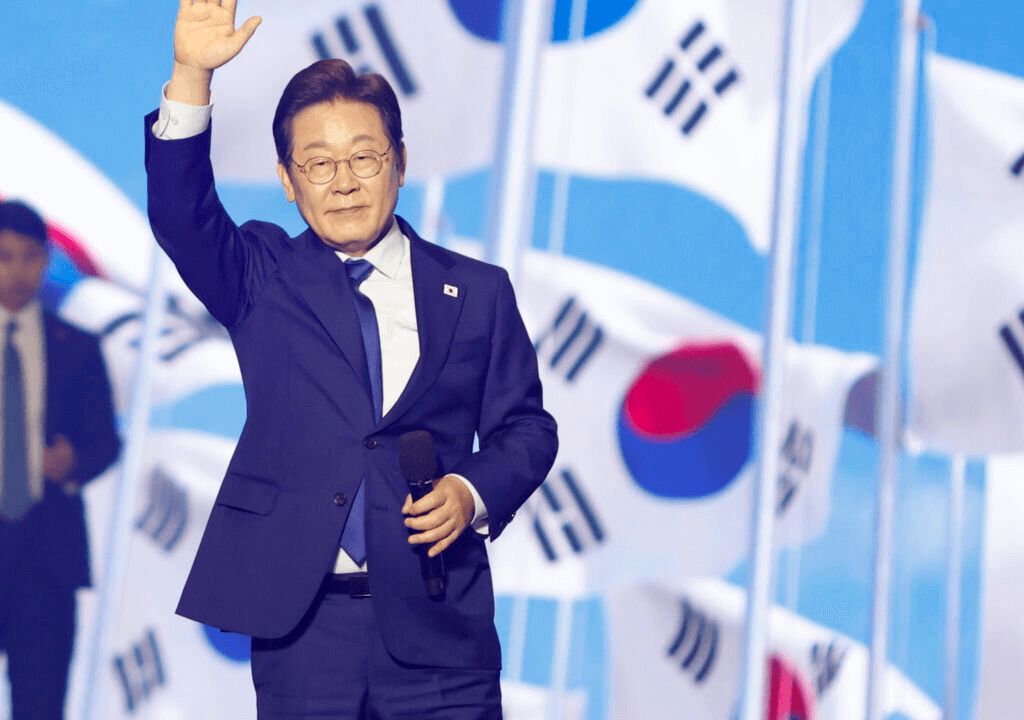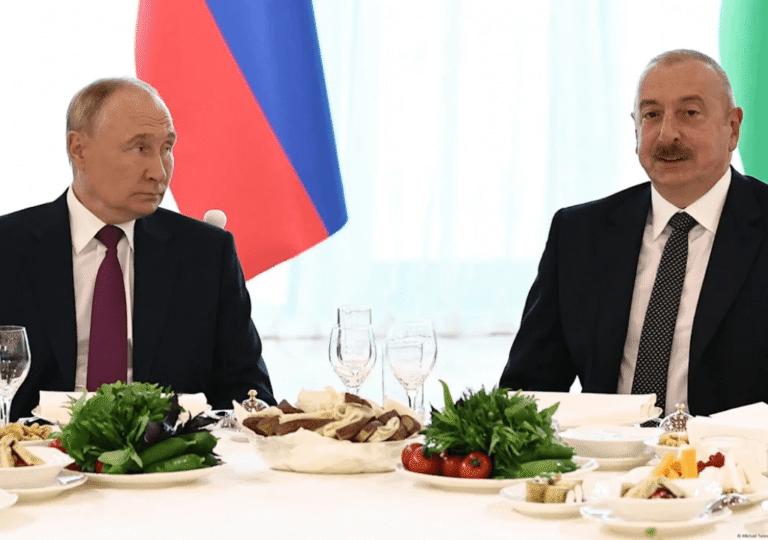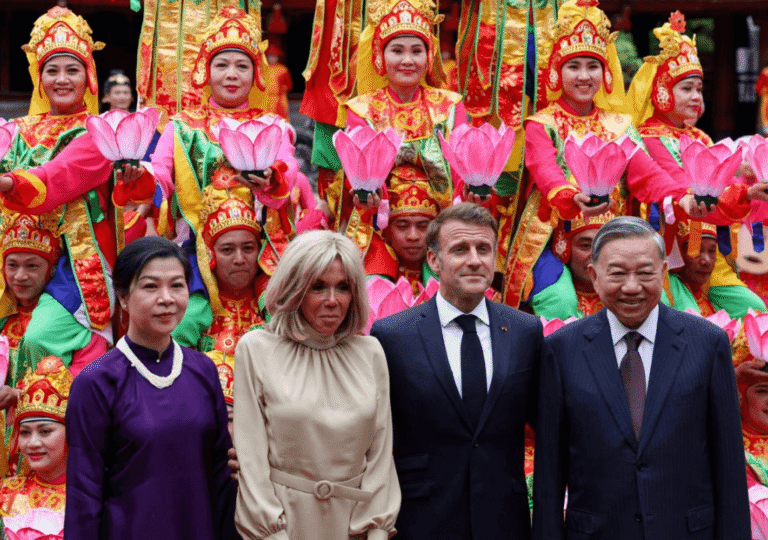Following a period of political turbulence, South Korea has elected a new president, creating an opening to address long-standing policy deadlocks. One of the most pressing priorities is mending ties with China. Despite being a close ally of North Korea—alongside Russia—China remains vital to South Korea’s economic interests, regional stability, and security landscape. Under former conservative President Yoon Suk-yeol, Seoul aligned more closely with the United States and Japan, putting considerable strain on its relationship with Beijing. The newly elected, left-leaning president—backed by a left-leaning parliament—is expected to seek a more balanced diplomatic approach. For China, still navigating the pressures of an ongoing trade war, the shift in Seoul presents an opportunity. Early signs suggest that Beijing is welcoming the development and the chance to recalibrate.
China Steps In
On Tuesday, June 10, Chinese President Xi Jinping held a phone call with South Korea’s newly elected President, Lee Jae-myung, emphasizing the need to strengthen bilateral ties and promote regional stability, according to Chinese state media. During the conversation, Xi urged both countries to defend multilateralism and support free trade, as reported by Xinhua News Agency. He described a healthy, stable, and deepening relationship between China and South Korea as consistent with global trends and in the mutual interest of both nations.
Xi stressed the importance of continued bilateral cooperation and broader multilateral coordination, arguing that these principles are essential for maintaining the stability and smooth functioning of global and regional industrial and supply chains. He also encouraged both nations to bring greater certainty to regional and international affairs and to elevate their strategic cooperative partnership to a higher level.
Ties between China and South Korea have been strained since 2017, when Seoul deployed the U.S.-led THAAD missile defense system—a move strongly opposed by Beijing. In response, China imposed a series of unofficial economic and cultural restrictions. Although both countries agreed later that year to end the diplomatic standoff and resume exchanges, relations remained uneasy.
Under former President Yoon Suk-yeol, South Korea’s foreign policy leaned sharply toward the United States, particularly on sensitive issues such as Taiwan and in adopting a more confrontational stance toward North Korea. These positions deepened Beijing’s concerns and limited the scope for meaningful engagement.
With a new administration now in place in Seoul, however, China sees an opportunity to reset the relationship. Beijing appears hopeful that President Lee will adopt a more neutral and balanced approach in regional affairs.
Lee Signals Green
President Lee’s recent phone call with Chinese President Xi Jinping comes at a pivotal moment for South Korea’s foreign policy. Indicating a more pragmatic shift, Lee has pledged to strengthen ties with Beijing amid renewed economic uncertainty. U.S. tariffs introduced under President Donald Trump continue to strain both the Chinese and South Korean economies, adding urgency to efforts to stabilize trade. Lee has highlighted China’s importance as a key economic partner.
Economic ties between China and South Korea run deep. In 2018, China accounted for 26% of South Korea’s total exports—valued at $160 billion—and supplied 21% of its imports, worth $107 billion. A decade ago, the two countries signed the China–South Korea Free Trade Agreement, aiming to boost annual trade beyond $300 billion and drive mutual economic growth. Yet those ambitions have fallen short. In 2023, South Korea’s exports to China declined by 20%, while imports from China dropped by 8% compared to the previous year.
China, South Korea, and Japan have been engaged in prolonged negotiations for a trilateral free trade agreement designed to deepen economic integration. However, progress has repeatedly stalled due to persistent political tensions. Ongoing territorial disputes and challenges related to North Korea have made it harder for Seoul to strike a balanced strategic position. In turn, South Korea has strengthened its ties with its traditional security allies, the United States and Japan
What happens next?
Despite the end of the recent political deadlock with the election of a president aligned with the parliament, South Korean politics remains sharply divided. Foreign policy lies at the heart of this divide. Liberal parties have long pushed for closer ties with China and North Korea, while conservatives reject such engagement, often branding it as unpatriotic or even anti-national. This ideological rift has fueled political hostility and was clearly visible during the recent turmoil and throughout the election campaigns. As a result, any bold move toward warming ties with China could provoke significant domestic backlash.
President Lee is expected to tread carefully on foreign policy as he prioritizes national unity. Still, if China plays a constructive role in reducing regional tensions and North Korea avoids escalation, the path toward a stable and mutually beneficial partnership between South Korea and China—two of Asia’s leading economic powers—could become a realistic and attainable goal








